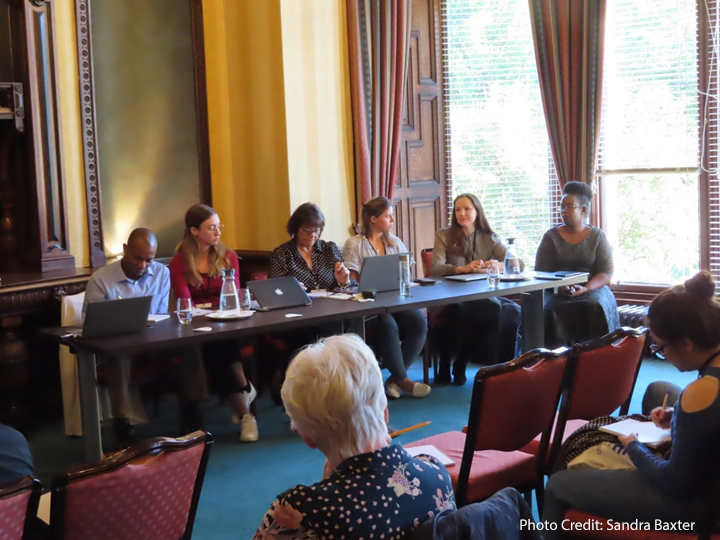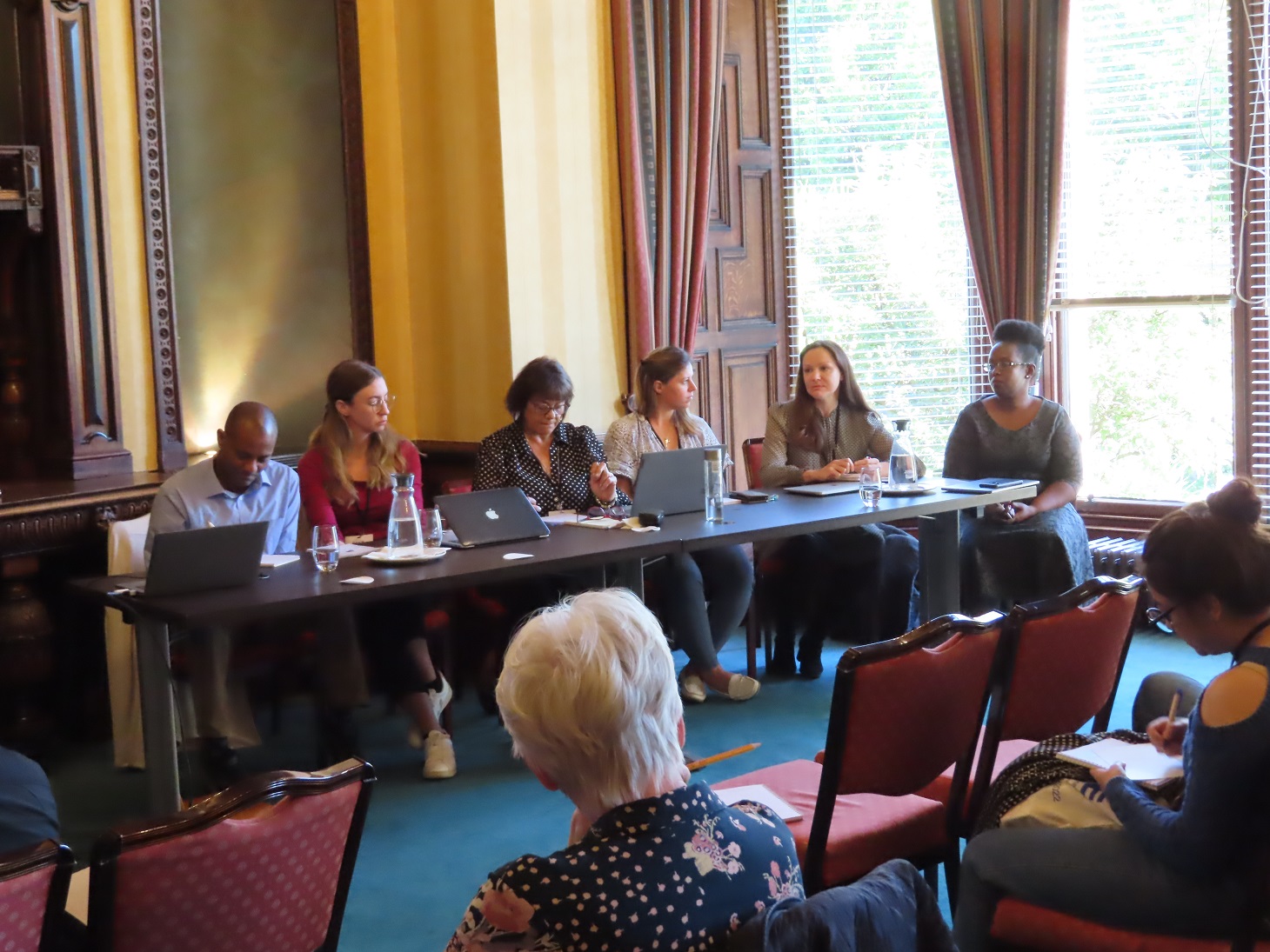The last two decades have seen an increase in Global South and Global North research partnerships. This has been motivated in part by the Sustainable Development Goals, which identify “Partnerships for the goals” as one of the most effective means through which to achieve their aims. Within the context of education, collaboration can make it easier to address complex issues and strengthen research capacity.
In a new blog published on the UKFIET website, Lydie Shima from Laterite Rwanda and Emma Carter from and Research for Equitable Access and Learning (REAL) Centre at the University of Cambridge share their reflections on their collaborative experience of designing and implementing an extensive qualitative research study in Rwanda. These reflections were originally presented at the BAICE Conference in Edinburgh, Scotland in September 2022.
Key takeaways
Positive and equitable collaboration, even during the COVID-19 crisis, is essential in achieving a successful research partnership. Further:
- The use of qualitative methodology encouraged the close working relationship, particularly given the use of innovative tools and approaches. Still, collaboration took effort, particularly towards the end stages of the study.
- Creating a shared vision and sustaining collaboration throughout the process are central principles which can enable and strengthen equitable learning partnerships – as well as the quality of the research produced.
Read the full post on the UKFIET blog.

